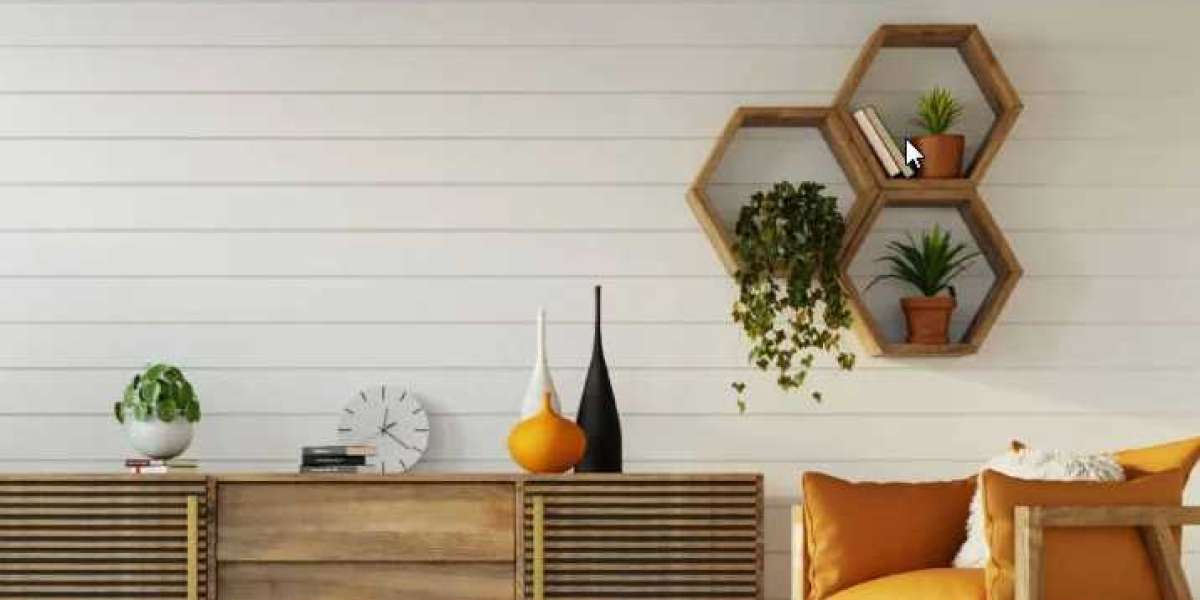AgriBioPanel Doors and Earth-Friendly Homes: A Sustainable Approach to Construction
Introduction:
In the era of climate change and environmental consciousness, the construction industry is experiencing a paradigm shift towards sustainable and eco-friendly building practices. One key aspect of this movement is the use of AgriBioPanel doors, a revolutionary building material derived from agricultural waste. This article explores the concept of AgriBioPanel doors and their role in creating earth-friendly homes through the utilization of eco-friendly construction materials.
AgriBioPanel doors are a sustainable alternative to traditional wooden doors, crafted from agricultural residues such as wheat straw, rice husks, and bamboo fibers. These doors offer a multitude of benefits, combining durability with environmental responsibility. By using agricultural waste that would otherwise be discarded, AgriBioPanel doors contribute to waste reduction while providing a high-quality and aesthetically pleasing solution for home construction.
The manufacturing process of AgriBioPanel doors involves compressing and binding agricultural fibers with a non-toxic adhesive. The result is a sturdy and lightweight panel that can be customized to fit various door sizes and styles. Not only do AgriBioPanel doors contribute to sustainable resource management, but they also have excellent insulation properties, enhancing energy efficiency in homes.
The concept of earth-friendly homes goes beyond just the materials used in construction; it encompasses a holistic approach to building design, energy efficiency, and the overall impact on the environment. AgriBioPanel doors play a crucial role in achieving this goal by promoting sustainable building practices.
Eco-Friendly Construction Materials:
In addition to AgriBioPanel doors, there is a growing demand for various eco-friendly construction materials in the housing industry. These materials prioritize sustainability, energy efficiency, and reduced environmental impact. Examples include recycled steel, reclaimed wood, bamboo, and cork flooring. By incorporating these materials into construction projects, builders can significantly decrease the carbon footprint of a home while promoting a healthier living environment.
Eco-Friendly Building Materials for Houses:
When selecting materials for residential construction, it is essential to consider their environmental impact. Eco-friendly building materials for houses not only contribute to resource conservation but also enhance the overall sustainability of the structure. From energy-efficient windows to recycled insulation, these materials not only benefit the environment but also contribute to long-term cost savings through reduced energy consumption.
Ecofriendly Building:
The term "ecofriendly building" encapsulates a comprehensive approach to construction that prioritizes environmental sustainability. It involves the use of renewable resources, energy-efficient technologies, and waste reduction strategies. Ecofriendly building practices aim to create structures that harmonize with nature rather than deplete its resources.
Conclusion:
AgriBioPanel doors represent a promising innovation in the realm of eco-friendly construction materials, contributing to the development of earth-friendly homes. As the construction industry continues to evolve, embracing sustainable alternatives like AgriBioPanel doors becomes imperative for creating a more resilient and environmentally conscious built environment. By adopting eco-friendly building practices, we can pave the way for a greener and more sustainable future in housing construction.
Visit here: https://strawcture.com/








